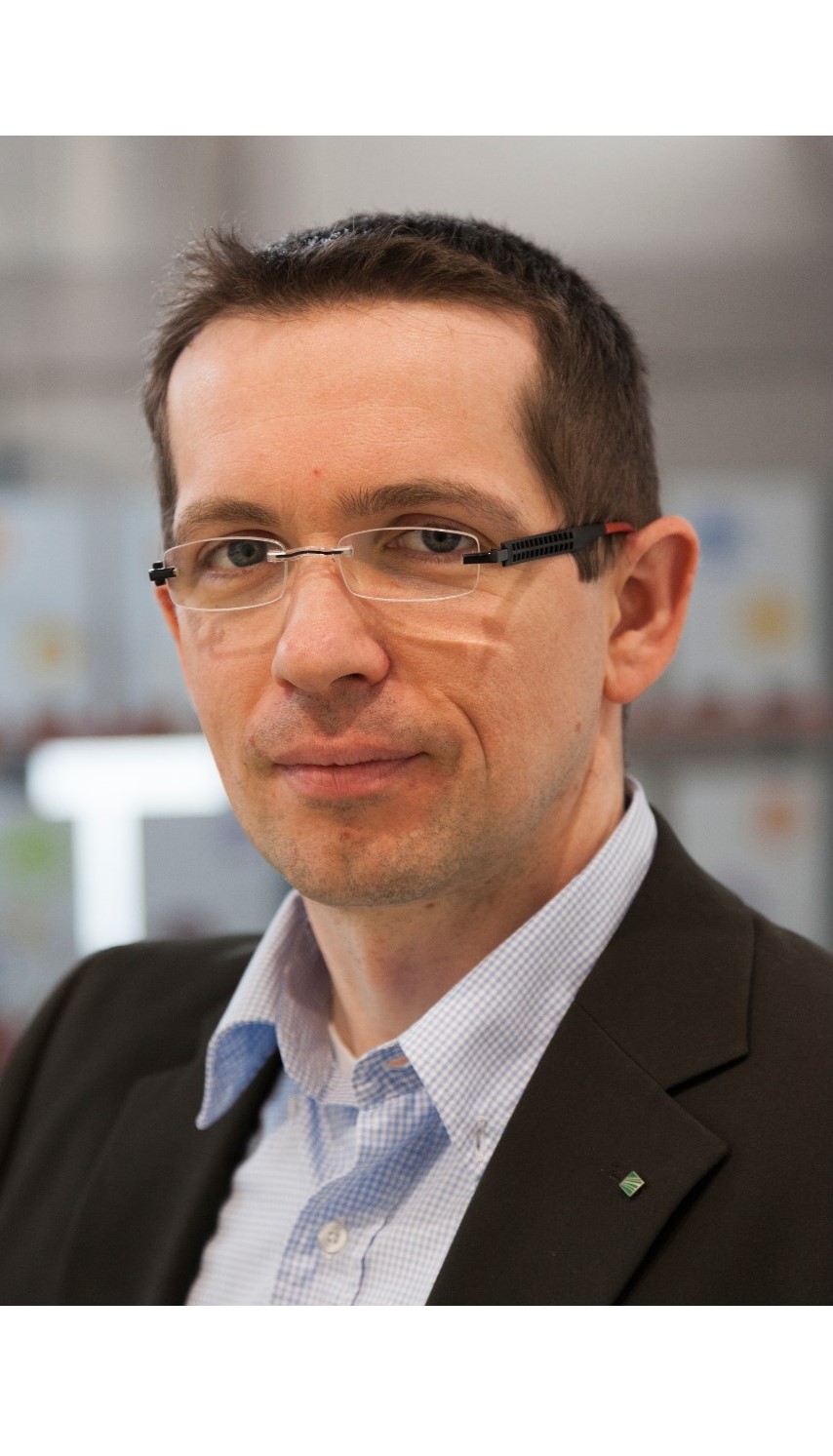
Logistics is one of the industries that will benefit most from Artificial Intelligence (AI). In this context, the Fraunhofer Institute for Logistics and Material Flow has decisively expanded its system infrastructure for research into artificial intelligence processes and put the novel supercomputer NVIDIA DGX-2 into operation.
Be it production or intralogistics, maintenance or transport logistics: the functional area of logistics offers innumerable possibilities for the use of AI. The new supercomputer is for example used for the pattern recognition in logistics, for the convertibility of systems in operation and for the partial automation of systems and robots. With that, Fraunhofer IML underlines its claim to push forward the use of AI solutions in logistics and takes the lead in AI research in logistics. The computer is in a position to manage highly complex AI requirements. With its 2-peta FLOPS system, the first of its kind, the computer can twice perform 10^15 arithmetic operations per second. That is a total of two quadrillion calculations every second, converted to the world population alone around 250,000 arithmetic calculations per person in just one second.
Image training for algorithms
One basic technology for all applications that rely on AI is machine learning. Machines "learn" by analyzing example data with which they are "fed". The more example data are available for the technical system, i.e. the more "experience" it can gain, the more accurately and better patterns and regularities can be recognized during operation. Fraunhofer IML particularly uses the supercomputer to train classification processes. To do so, the computer is fed with tens of thousands to millions of automatically obtained information per algorithm, e.g. photos. Due to its unimaginable computing power and an extensive graphics processor memory, it is able to process this data in the shortest possible time. As a result, it is possible to make the learned algorithms executable on low-power devices such as smartphones.
Application scenarios in logistics range from intelligent document management, an important starting point for process improvement in logistics, to the automatic recognition of labels for dangerous goods in transport logistics and up to the optimization of pallet loading in intralogistics. Based on the stored or learned images of invoices and contracts, nationally and internationally valid signs or parcels in different dimensions and forms, the algorithms can decide which documents have to be stored how. Which parcels are not sufficiently declared as dangerous goods and how robots efficiently pack pallets without humans having to enter the data of individual parcels into the system - as is still the case today. Basically, such applications of artificial intelligence can support and relieve human work.
Such a humane use of AI solutions is also in accordance with the so-called Social Networked Industry. This vision of a networked world of work, which makes people the yardstick of technological progress, has been pursued by Fraunhofer IML intensively for several years now, particularly in the research work of the Innovation Lab for Hybrid Services in Logistics. The supercomputer in the innovation lab will also be used to develop the latest product: the intelligent shelf, an important component for work organization in the social networked industry. The shelf is to be equipped with an algorithm for facial recognition which - including further data such as vital data - will allow conclusions to be drawn about the employee's ability to work and, for example, warn of fatigue.
Moreover, novel developments are a conceivable solution within the context of the largest experiment on the application of AI in logistics in the "LivingLab Cellular Transport Systems" at Fraunhofer IML. The supercomputer could, for example, make it possible to include the individual recognition of humans in the experimental setup with the 50 driverless transport vehicles.
Super-Computer opens new doors
Following the acquisition of the AI computer at the end of last year, the scientists spent the past months putting the computer into operation and familiarizing the Institute's staff with its enormous potential. From now on, the supercomputer is used for novel scientific applications and in the context of industrial projects. That will also give companies the opportunity to develop challenging AI solutions in logistics together with Fraunhofer IML.
MORE ABOUT THE AUTHOR
Arkadius Schier is deputy head of department Software & Information Engineering at Fraunhofer IML and the project manager of the Innovation Lab Hybrid Services in Logistics.
 Fraunhofer Institute for Material Flow and Logistics IML
Fraunhofer Institute for Material Flow and Logistics IML